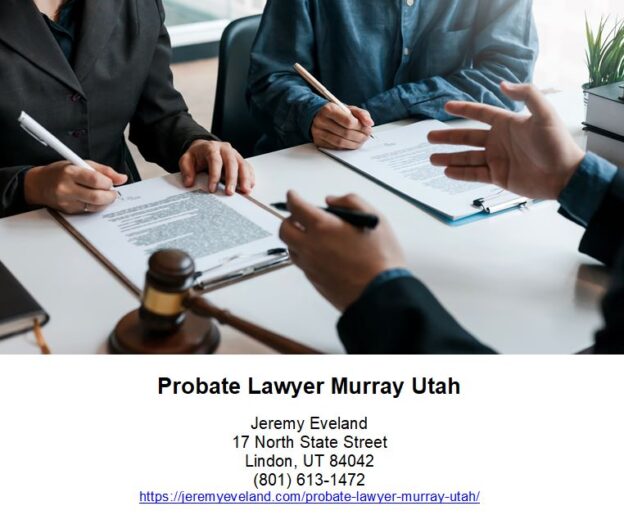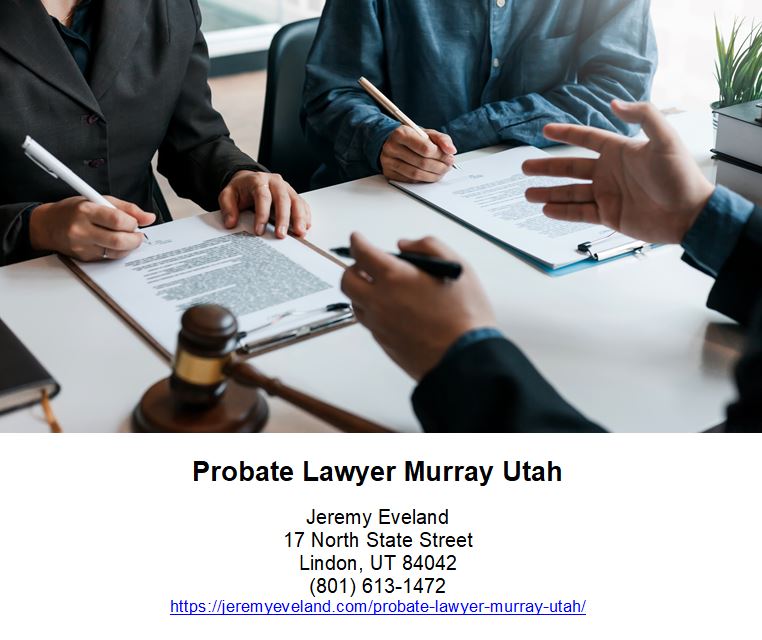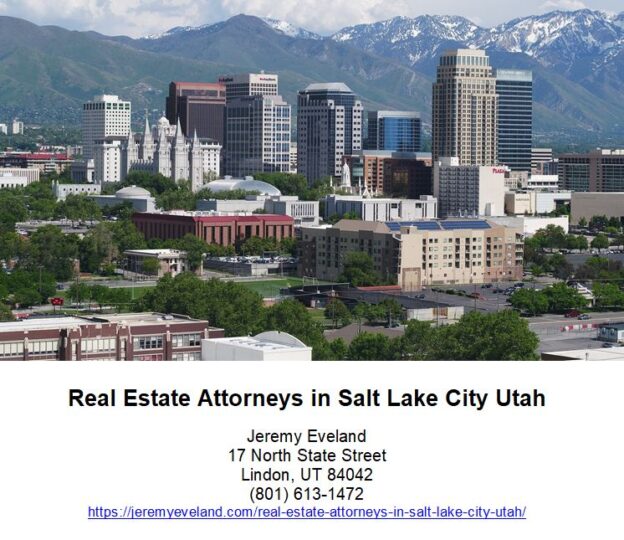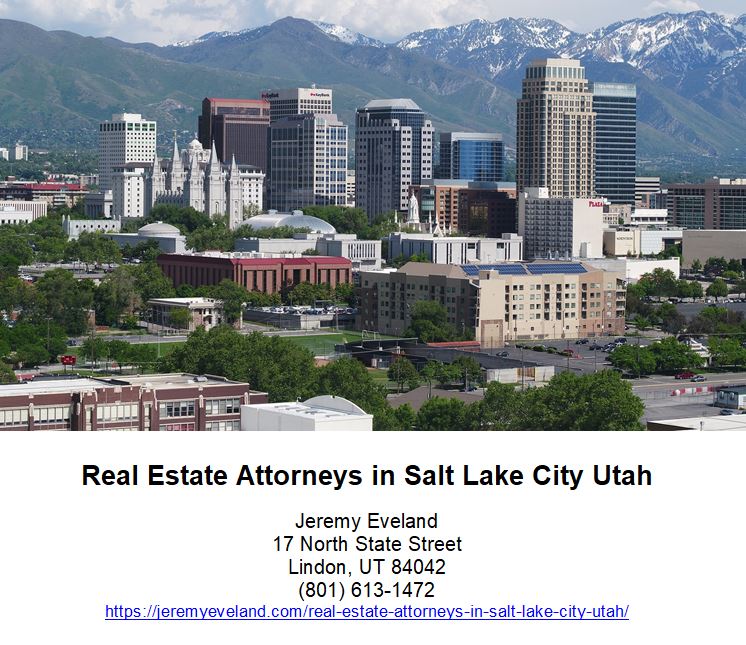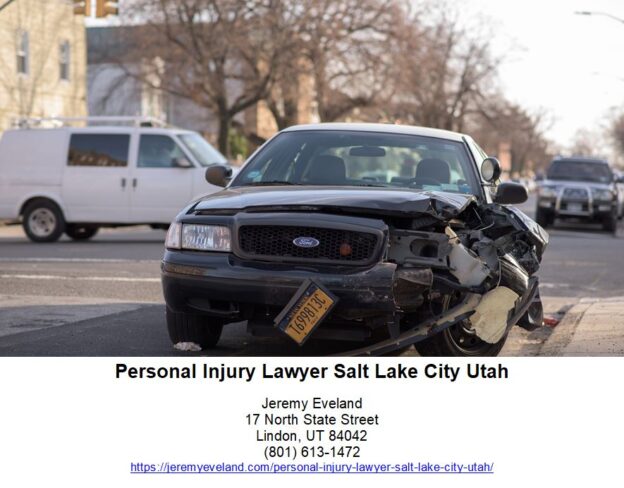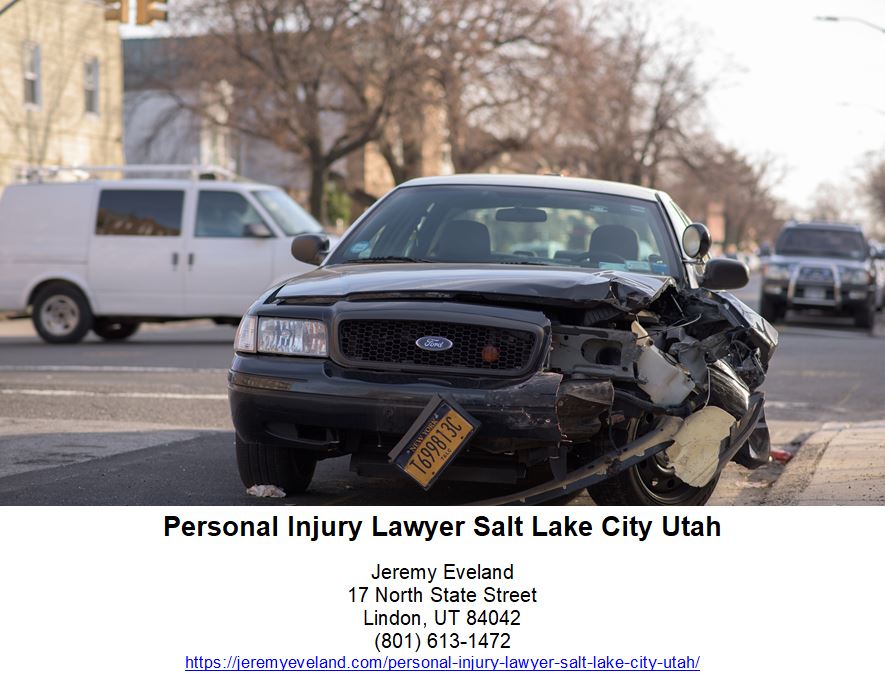In this article, you will find a comprehensive overview of the role of a business lawyer in Park City, Utah. As a legal professional specializing in business law, their expertise and knowledge can protect your company’s interests and ensure compliance with the complex regulations governing the business landscape in the state. With their guidance, you can confidently navigate legal challenges, establish robust contracts, and make informed decisions that promote the growth and success of your business. By the end of this article, you will have a clear understanding of the value a business lawyer can bring to your organization, compelling you to reach out and establish a partnership with one today.

What is Business Law?
Business law is a branch of legal practice that deals with the legal aspects of conducting business activities. It encompasses various laws, regulations, and legal principles that govern businesses and commercial transactions. Business law covers a wide range of topics, including contracts, employment law, intellectual property, taxation, and regulatory compliance.
Definition of Business Law
Business law refers to the legal rules and regulations that govern commercial transactions, business activities, and interactions among businesses, their employees, and customers. It ensures that businesses operate within the framework of the law and helps resolve legal issues that may arise during business operations.
Scope of Business Law
The scope of business law is vast and covers a wide range of legal areas relevant to businesses. It includes contract law, which governs the creation and enforcement of agreements, employment law, which deals with the relationship between employers and employees, intellectual property law, which protects intangible assets such as trademarks and copyrights, and regulatory compliance, which ensures businesses adhere to laws and regulations governing their industry.
Importance of Business Law
Business law plays a crucial role in facilitating and regulating business activities. It provides a legal framework that ensures fairness and equality in business transactions, protects the rights and interests of businesses and individuals, and helps maintain a stable and reliable business environment. Understanding and complying with business laws is essential for businesses to avoid legal disputes, protect their assets, and maintain a good reputation in the marketplace.
Benefits of Hiring a Business Lawyer
Navigating the complex legal landscape of business regulations and transactions can be challenging for entrepreneurs and business owners. Hiring a business lawyer offers several benefits and can help businesses effectively manage legal risks and obligations.
Legal Expertise
Business lawyers are legal professionals who specialize in business and commercial law. They have in-depth knowledge and expertise in various legal areas relevant to businesses. By hiring a business lawyer, you gain access to their legal expertise and guidance, ensuring that you make informed decisions and comply with the applicable laws and regulations.
Preventative Measures
One of the key benefits of having a business lawyer is their ability to prevent legal issues before they arise. Business lawyers can conduct thorough reviews of your business operations, contracts, and internal policies to identify potential legal risks and provide recommendations to mitigate them. By proactively addressing legal issues, you can avoid costly litigation and protect your business from legal disputes.
Contract Drafting and Review
Contracts are an essential part of business operations, governing relationships with customers, suppliers, employees, and other stakeholders. Business lawyers can draft and review contracts to ensure they are comprehensive, enforceable, and protect your interests. They can also negotiate contracts on your behalf, ensuring that you enter into favorable and fair agreements.
Business Formation
When starting a new business, choosing the right legal structure is crucial. A business lawyer can provide guidance on the various legal structures available, such as sole proprietorship, partnership, limited liability company (LLC), or corporation. They can help you understand the advantages and disadvantages of each structure and assist in the formation and registration process.
Dispute Resolution
Despite preventative measures, businesses may still find themselves involved in legal disputes. Business lawyers are experienced in dispute resolution and can represent your interests in negotiations, mediation, arbitration, or litigation. They can assess the merits of the case, develop legal strategies, and work towards a favorable resolution, whether through settlement or court proceedings.
Choosing the Right Business Lawyer
Selecting the right business lawyer is crucial for ensuring that your legal needs are met effectively. Here are some factors to consider when choosing a business lawyer:
Specialization
Business law is a broad field, and lawyers may specialize in specific areas. Consider your specific legal needs, such as contract drafting, employment law, or intellectual property, and choose a lawyer with expertise in those areas. Specialized knowledge can ensure that you receive accurate and relevant advice for your business.
Industry Experience
Look for a business lawyer who has experience working with businesses in your industry. Familiarity with the unique legal challenges and regulations in your industry can be advantageous. An experienced lawyer can provide valuable insights and practical solutions tailored to your specific business needs.
Reputation
Research a lawyer’s reputation before hiring them. Read reviews from previous clients and seek recommendations from trusted sources. A lawyer with a solid reputation for professionalism, ethical conduct, and successful outcomes is more likely to deliver quality legal services.
Communication Skills
Effective communication is crucial in a lawyer-client relationship. Choose a lawyer who communicates clearly, listens attentively, and responds promptly to your inquiries. They should be able to explain legal concepts in plain language and keep you informed about the progress of your legal matters.
Fees and Billing Practices
Discuss fees and billing practices upfront to ensure transparency and avoid any surprises. Understand how the lawyer charges for their services, whether it be an hourly rate, flat fee, or contingency fee. Clarify billing procedures, including invoicing, payment terms, and any additional costs involved.
Common Legal Issues for Businesses
Businesses, regardless of their size or industry, may encounter various legal issues throughout their operations. Being aware of these common legal challenges can help you take proactive measures to address them effectively.
Employment Law
Employment law governs the relationship between employers and employees. It covers areas such as hiring practices, employment contracts, wage and hour regulations, safety standards, discrimination and harassment prevention, and termination procedures. Compliance with employment laws is crucial to avoid legal disputes and maintain a fair and respectful work environment.
Intellectual Property
Intellectual property protects intangible assets, such as trademarks, copyrights, patents, and trade secrets. Businesses must safeguard their intellectual property to prevent unauthorized use or infringement by competitors. This includes registering trademarks, copyrighting original works, and implementing strategies to protect trade secrets.
Contracts and Agreements
Contracts are a fundamental aspect of conducting business. Businesses enter into contracts with suppliers, customers, employees, and other parties to outline rights, obligations, and terms of engagement. Failure to draft or enforce contracts properly can lead to legal disputes or breaches of contract. It is essential to ensure that contracts are well-drafted, understood by all parties, and compliant with applicable laws.
Business Structure
Choosing the right business structure has legal implications for taxation, liability, and governance. Sole proprietorships, partnerships, LLCs, and corporations have different legal requirements and offer varying levels of personal liability protection. It is important to understand the legal implications of each structure and choose the one that aligns with your business goals and needs.
Regulatory Compliance
Businesses are subject to various laws and regulations specific to their industry. Ensuring compliance with these regulations is crucial to avoid penalties, fines, or even business closure. Common regulatory areas include licensing and permits, environmental regulations, data protection and privacy laws, and industry-specific compliance requirements.

Business Lawyer’s Role in Employment Law
Employment law is a critical area for businesses, and having a business lawyer can help navigate the complex legal landscape and ensure compliance with employment regulations.
Employee Contracts
Creating clear and legally sound employment contracts is essential for both employers and employees. A business lawyer can draft employment contracts that protect the rights and interests of all parties involved, outline terms of employment, benefits, duties, and obligations, and set forth termination procedures.
Discrimination and Harassment
A business lawyer can assist in developing and implementing policies and procedures to prevent discrimination and harassment in the workplace. They can provide guidance on compliance with anti-discrimination laws, conduct investigations into alleged incidents, and represent the business in legal proceedings, should claims arise.
Firing and Severance
Terminating an employee’s employment requires careful navigation of legal requirements. A business lawyer can provide guidance on termination procedures, severance packages, and adherence to employment laws to minimize legal risks and potential litigation.
Wage and Hour Compliance
Businesses must comply with wage and hour laws, ensuring that employees receive fair compensation for their work. A business lawyer can help navigate complex wage and hour laws such as minimum wage, overtime rules, meal and rest breaks, and classification of employees, ensuring compliance and minimizing the risk of legal disputes.
Protecting Intellectual Property
Intellectual property (IP) is often a valuable asset for businesses, and protecting it is crucial to maintain a competitive advantage. A business lawyer can assist in safeguarding your intellectual property rights through various legal mechanisms.
Trademarks
Trademarks protect brand names, logos, and symbols that distinguish goods and services in the marketplace. A business lawyer can help you conduct trademark searches, file trademark applications, and enforce your trademark rights against potential infringers.
Copyrights
Copyrights protect original creative works, such as literary, artistic, and musical creations. A business lawyer can help you register copyrights, draft licensing agreements, and defend your copyrights against infringement.
Patents
Patents protect new inventions and provide exclusive rights to inventors for a limited time. A business lawyer can guide you through the patent application process, conduct patent searches, and advise on patent infringement issues.
Trade Secrets
Trade secrets are valuable, confidential information that gives a business a competitive advantage. A business lawyer can assist in developing trade secret protection strategies, drafting non-disclosure agreements (NDAs), and taking legal action against unauthorized disclosure or use of trade secrets.
Importance of Contracts and Agreements
Contracts are the foundation of business relationships and transactions. Well-drafted contracts protect the interests of all parties involved and provide a legal framework for conducting business. Here’s why contracts and agreements are crucial for businesses:
Types of Contracts
Businesses need various types of contracts to outline rights, obligations, and terms of engagement with different stakeholders. These include sales contracts, service agreements, employment contracts, partnership agreements, leases, and non-disclosure agreements. Each contract serves a specific purpose and provides legal protection for the parties involved.
Contract Drafting and Review
Drafting contracts requires careful attention to detail and knowledge of relevant legal principles. Business lawyers can ensure that contracts are comprehensive, clear, and specific to avoid ambiguity and potential disputes. They can review contracts to identify any potential legal risks and negotiate favorable terms on behalf of their clients.
Enforceability
Contracts provide a legal basis for parties to enforce their rights and obligations. A well-drafted and properly executed contract is legally binding and can be enforced in a court of law. Having a business lawyer involved in the contract drafting process helps ensure that the contract is enforceable, protecting your interests in case of a breach.
Breach of Contract
When one party fails to fulfill their contractual obligations, it constitutes a breach of contract. A business lawyer can assist in resolving contract disputes through negotiation or alternative dispute resolution methods. In case of a breach, they can initiate legal proceedings and represent your interests in court to seek damages or other appropriate remedies.
Understanding Business Structures
Choosing the right business structure is an important decision with legal implications for your business. Here are some common business structures and their characteristics:
Sole Proprietorship
A sole proprietorship is the simplest form of business structure, where the business is owned and operated by a single individual. The owner has unlimited personal liability for the business’s debts and obligations. Taxes are filed on the owner’s personal tax return, and the owner has complete control over decision-making without any formal legal requirements.
Partnership
A partnership is a business structure where two or more individuals share ownership and management of the business. Partners can contribute capital, skills, or labor to the partnership. Partnerships can be general partnerships, where all partners have shared liability for the business’s obligations, or limited partnerships, where some partners have limited liability. Partnerships are not separate legal entities, and partners report business income on their personal tax returns.
Limited Liability Company (LLC)
An LLC is a flexible business structure that combines the limited liability features of a corporation with the tax benefits and operational flexibility of a partnership. Owners are called members, and an LLC can have one or more members. LLCs provide limited personal liability protection, and members can choose how the business is taxed, either as a pass-through entity or as a corporation. LLCs have fewer formalities compared to corporations but still require proper formation and compliance with state regulations.
Corporation
A corporation is a separate legal entity that exists independently from its owners, known as shareholders. It offers the highest level of personal liability protection but requires more formalities and regulatory compliance. Corporations have a board of directors who manage the business and are responsible for major decisions. They issue shares of stock to shareholders, allowing them to own a portion of the corporation. Taxation of corporations can occur at the corporate level and again at the individual level when dividends are distributed.

Navigating Regulatory Compliance
Businesses must comply with a host of laws and regulations to operate legally and ethically. Failure to comply with regulatory requirements can result in severe penalties, fines, and damage to a business’s reputation. Here are some areas where regulatory compliance is crucial:
Licensing and Permits
Many businesses require licenses and permits to operate legally. These licenses and permits vary based on the industry, location, and nature of the business. A business lawyer can assist in identifying the necessary licenses and permits for your business and guide you through the application process.
Environmental Regulations
Environmental regulations govern a wide range of activities, from waste management to pollution control. Businesses must comply with environmental laws and regulations to protect the environment and avoid legal consequences. A business lawyer can help ensure compliance with environmental regulations specific to your industry and provide guidance on sustainable practices.
Industry-Specific Compliance
Various industries have specific regulations and compliance requirements tailored to their unique characteristics. Whether it’s healthcare, finance, manufacturing, or technology, a business lawyer with expertise in your industry can help you navigate industry-specific compliance obligations and avoid legal pitfalls.
Tax Obligations
Businesses must fulfill their tax obligations, including income taxes, sales taxes, payroll taxes, and other tax filings. Tax laws are complex and subject to frequent changes, making it essential to have a business lawyer with knowledge of tax regulations. They can help you understand your tax obligations, maximize tax benefits, and navigate audits or disputes with tax authorities.
Frequently Asked Questions
What does a business lawyer do?
A business lawyer provides legal guidance and representation to businesses on various legal matters, including contracts, employment law, intellectual property, regulatory compliance, and dispute resolution. They help businesses navigate the legal landscape, protect their interests, and ensure compliance with applicable laws and regulations.
How much do business lawyers charge?
The fees charged by business lawyers can vary depending on factors such as the lawyer’s experience, complexity of the legal matter, and the region where the lawyer practices. Business lawyers may charge an hourly rate, a flat fee for specific services, or a contingency fee in certain cases. It is advisable to discuss fees and billing practices with the lawyer before engaging their services.
How long does it take to resolve a business dispute?
The time required to resolve a business dispute can vary significantly depending on factors such as the complexity of the case, the willingness of the parties to negotiate, and the backlog of court cases. Some disputes can be resolved through negotiation or alternative dispute resolution methods within a few weeks or months, while others may require litigation and may take several months or even years to reach a resolution.
Can I handle business legal matters without a lawyer?
While it may be possible to handle certain legal matters without a lawyer, it is generally advisable to seek legal representation, especially for complex or high-stakes issues. An experienced business lawyer can provide valuable legal advice, help you understand your rights and obligations, and navigate the complexities of the legal system. Their knowledge and expertise can help protect your interests and prevent costly mistakes.
How can a business lawyer help me prevent legal issues?
A business lawyer can help prevent legal issues by conducting thorough reviews of your business operations, contracts, and internal policies. They can identify potential legal risks, provide recommendations to mitigate them, and assist in ensuring compliance with applicable laws and regulations. By taking proactive measures and seeking legal guidance, businesses can minimize the likelihood of legal disputes and protect themselves from costly litigation.


